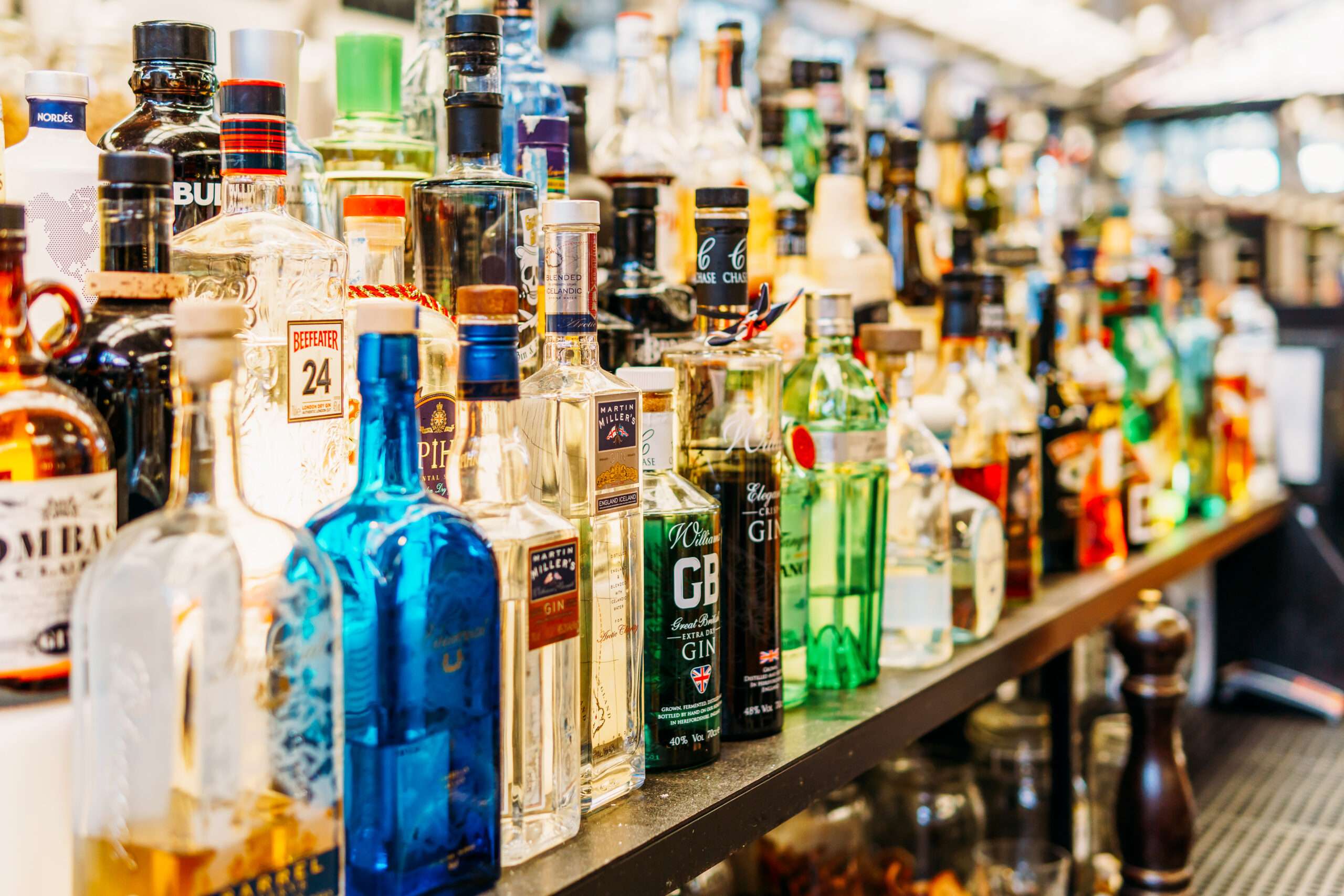In the early months of the pandemic, state governments were reacting in real time to unprecedented circumstances. The new environment included stay-at-home orders, social distancing guidelines, and masking mandates. It no longer became viable for most retail businesses to rely solely on an in-person customer base, as the entire economy shifted over to a delivery-centric model. Restaurants, breweries, wineries, and neighborhood liquor stores all faced an existential business crisis.
States reacted by upending a nearly centurylong consensus on alcohol regulations. Before, it was essentially unheard-of to let a pizzeria throw in a margarita with a delivery order. Then states started issuing emergency orders that allowed it. And practices that had been slightly more common—such as allowing alcohol to be included in grocery store deliveries, which numerous states permitted before COVID-19—spread to an unprecedented number of locales.
Unsurprisingly, these changes proved popular. In states where citizens were polled, strong majorities expressed their support for more types of to-go and delivery booze. Lawmakers can read polls, and a wave of states either extended the reforms or made them permanent.

 reason.com
reason.com
States reacted by upending a nearly centurylong consensus on alcohol regulations. Before, it was essentially unheard-of to let a pizzeria throw in a margarita with a delivery order. Then states started issuing emergency orders that allowed it. And practices that had been slightly more common—such as allowing alcohol to be included in grocery store deliveries, which numerous states permitted before COVID-19—spread to an unprecedented number of locales.
Unsurprisingly, these changes proved popular. In states where citizens were polled, strong majorities expressed their support for more types of to-go and delivery booze. Lawmakers can read polls, and a wave of states either extended the reforms or made them permanent.

What 2022 taught us about freeing American alcohol markets
Reformers had two years of unprecedented victories—and then protectionists started using scare tactics to block them

